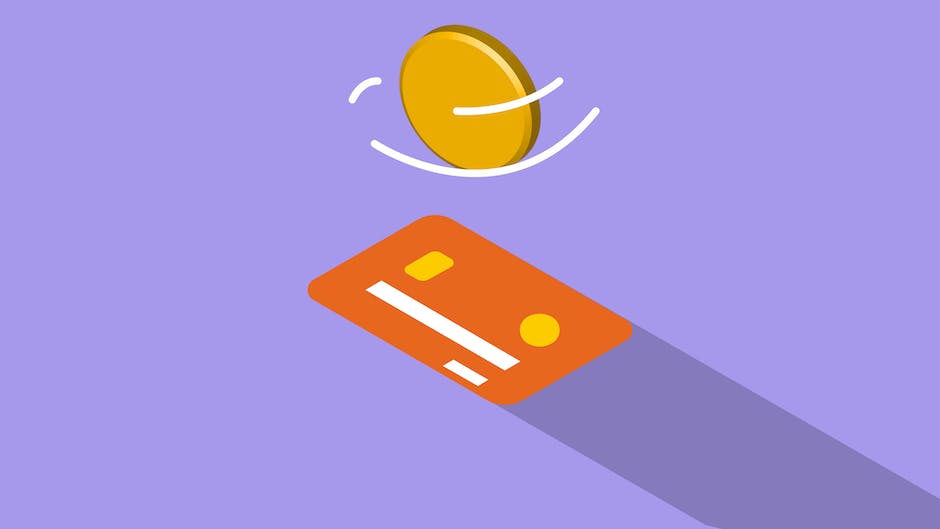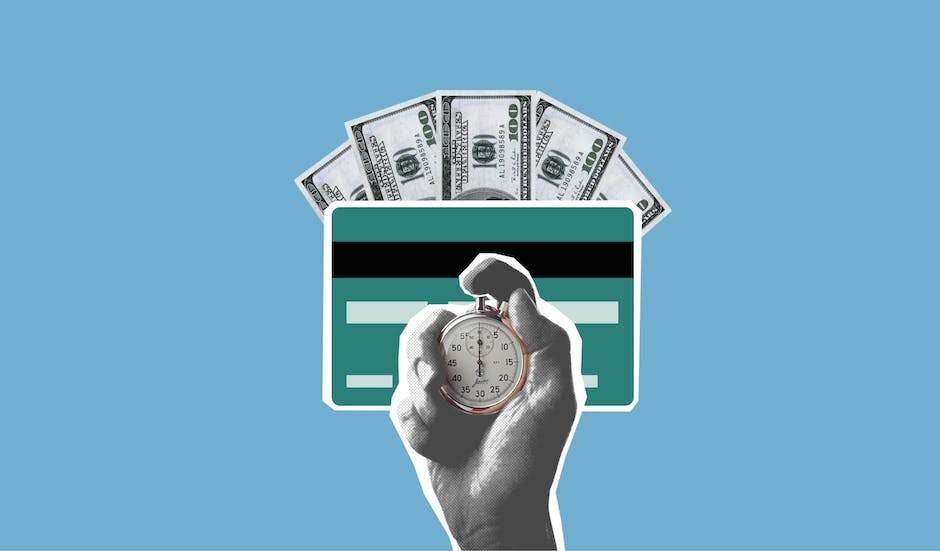Debt is a common financial issue that can be overwhelming, stressful, and difficult to manage. With multiple debts, each with its own interest rate, repayment term, and minimum payment, it can be challenging to keep track of everything and stay on top of payments. For those looking to simplify and manage their debt more effectively, debt consolidation offers a potential solution. In this article, we’ll explore what debt consolidation is, how it works, and whether it’s the right option for your financial situation.
What is debt consolidation?

Debt consolidation is a way to manage your debt by taking out a new loan to pay off multiple existing debts. The new loan replaces your existing debts, leaving you with just one monthly payment rather than several. This new loan often has a lower interest rate than your existing debts, making it easier to pay off your debt over time. Essentially, you’re simplifying and streamlining your finances by consolidating multiple high-interest debts into one lower-interest debt.
There are several different types of debt consolidation loans, including personal loans, home equity loans or lines of credit, and credit card balance transfer offers. Each of these options has its own pros and cons, so it’s important to research and compare them to find the right solution for your needs.
Debt consolidation can be a helpful tool for getting out of debt, but it’s important to remember that it’s not a magic solution. You still need to make your monthly payments on time and create a budget to keep your finances on track.
Why use debt consolidation?

There are several benefits to using debt consolidation as a debt management tool. First, it simplifies your monthly payments, making it easier to keep track of your debt and avoid missed payments. A missed payment can result in late fees, higher interest rates, and damage to your credit score, so simplifying your payments can be crucial to avoiding these issues.
Second, debt consolidation often comes with a lower interest rate than your existing debts. This can help you save money over time, as more of your payment goes toward paying off the principal rather than accruing interest.
Third, debt consolidation can improve your credit score over time. When you consolidate your debts, you’re effectively paying them off in full, which can have a positive impact on your credit score. Additionally, by simplifying your payments and avoiding missed payments, you can further improve your credit score.
How to determine if debt consolidation is right for you?

Before deciding whether debt consolidation is the right strategy for your financial situation, it’s important to evaluate your current debt and financial situation. Start by listing out all your debts, including the balance, interest rate, and minimum payment. Then, calculate your total monthly payment and compare it to your income and expenses.
If you find that you’re struggling to keep up with your monthly payments, or if the interest rates on your debts are high, debt consolidation may be a good option for you. On the other hand, if you’re able to make your monthly payments and have a good credit score, you may be better off continuing to pay down your debts as-is.
Keep in mind that debt consolidation isn’t always the best option for everyone. Depending on your credit score, income, and other factors, you may not qualify for a favorable interest rate. Additionally, if you’re not careful, you could end up with more debt than before if you continue to use credit cards or take out new loans.
Where can I get a debt consolidation loan?

You can find debt consolidation loans from a variety of lenders, including banks, credit unions, and online lenders. It’s important to shop around and compare loan terms and interest rates to find the best option for your needs. Look for lenders that offer competitive rates and flexible repayment terms, and be sure to read the fine print before committing to a loan.
It’s also worth considering working with a credit counselor, who can help you evaluate your debt and financial situation and recommend the best course of action. Credit counseling agencies may also offer debt management plans, which can help you pay off your debts over time while still working with your creditors.
What are the benefits of a debt consolidation loan?

As we mentioned earlier, debt consolidation loans can provide several benefits. One of the most significant benefits is the ability to simplify your finances by combining multiple high-interest debts into one lower-interest debt. This reduces the amount of money you need to keep track of each month and can help you avoid missed payments.
Another benefit of debt consolidation loans is that they often come with a lower interest rate than your existing debts. This can help you save money over time, as more of your payment goes toward paying off the principal rather than accruing interest. Additionally, by consolidating your debts and making on-time payments, you can improve your credit score over time.
Finally, debt consolidation loans can help you avoid more drastic financial measures, such as bankruptcy or defaulting on your debts.
What are the drawbacks of a debt consolidation loan?
While debt consolidation loans offer several benefits, they’re not the right solution for everyone. Depending on your financial situation, you may encounter some of the following drawbacks:
- You may not qualify for a low interest rate, especially if you have a low credit score.
- If you continue to use credit cards or take out new loans, you could end up with more debt than before.
- You may pay more in interest over time if you choose a longer repayment term.
- You’ll need to be disciplined and make your monthly payments on time, or you could face additional fees and damage to your credit score.
Before committing to a debt consolidation loan, be sure to evaluate your options and consider the potential drawbacks.
What alternatives to debt consolidation are there?
Debt consolidation isn’t the only option for managing your debt. Other strategies include:
- Credit counseling: Working with a credit counselor who can help you evaluate your debt and recommend a course of action.
- Negotiating with your creditors: Contacting your creditors directly to see if they’ll lower your interest rates or offer a payment plan.
- Debt settlement: Working with a debt settlement company to negotiate with your creditors and potentially reduce the amount of debt you owe.
Each of these options has its own pros and cons, so it’s important to research and consider them carefully before making a decision.
What should I look for when comparing debt consolidation loans?
When comparing debt consolidation loans, there are several factors to consider:
- Interest rate: What is the interest rate on the loan, and how does it compare to your existing debts?
- Loan term: How long do you have to repay the loan, and what is the monthly payment?
- Fees: Are there any fees associated with the loan, such as origination fees or prepayment penalties?
- Repayment options: Are there different repayment options available, such as a fixed or variable interest rate?
It’s important to read the fine print carefully and understand the terms and conditions of the loan before committing. Be sure to shop around and compare multiple lenders to find the best deal.
How can I make the most of a debt consolidation loan?
To make the most of a debt consolidation loan, you should continue to make your monthly payments on time and in full. Avoid taking on any new debt or credit card balances, as this will only add to your debt load.
Use the extra money you save each month to build an emergency fund or pay off your debt faster. This will help you stay on track with your financial goals and reduce your debt over time.
When is the best time to use debt consolidation?
The best time to use debt consolidation is when you’re struggling to keep up with multiple high-interest debts and want to simplify your finances. However, it’s important to evaluate your options and determine if debt consolidation is the right strategy for your specific situation.
Consider your existing debts, interest rates, and other factors, and research different debt consolidation options to find the best solution for your needs. With the right strategy and discipline, debt consolidation can be a powerful tool for managing your debt and improving your financial situation.







